Tags: Animals
Experts Express Concern Over Coronavirus Transmission Among Animals
Memory Is What Elevates Humans From Animals
Robots Finally Confirm Why Fish Swim in Schools
Study of MMA Contests Show That Judges Prefer Vigor Over Skill
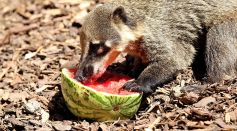
Here's Why South America Filled With Mammals From North America
New Study Suggests That Monkeys Self-Domesticated

Cows Prefer Face-To-Face Chat Over Pre-Recorded Voices, Says Study
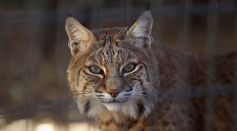
Carnivorous Animals Near People Also Eat Human Food, Upsetting Ecosystems
Hibernation Explained: Vital for Some Species, but Not Humans
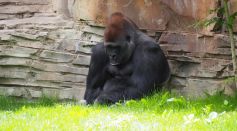
The Neural Cruelty of Captivity: Keeping Large Mammals in Zoos and Aquariums Damages Their Brains
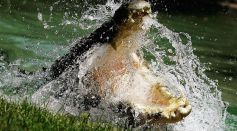
Crocodiles Fight Over a Dead Cow in an Outback Billabong
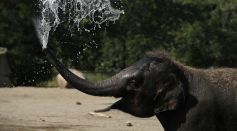
Pakistan's Lone Elephant Prepared for Move To Cambodia
Experts Warn Next Pandemic Could Come Any Moment and Call for Immediate Prevention Efforts From Governments
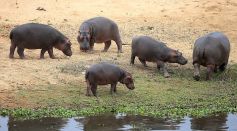
The Hunt for Escobar's Hippos: Controlling Colombia's Aggressive Hippo Population
These 4 Animals Possess Specialized Senses

33% of Lemur Species Are on the Brink of Extinction, Deforestation and Hunting Are to Blame
Zoos Forced Shut Down Due to Pandemic May Have to Euthanize Animals
Pigs Exempted: Study Uncovers 48 Animal Species Most Likely to Get Coronavirus

18 Amazing Videos of Animals Throwing A Party As Humans are in Lockdown

Twin Pandas Born During the Time of COVID-19 Named 'Safe' and 'Sound'
Most Popular

Why Stars Twinkle: Flickering Explained by Atmospheric Turbulence and Light Distortion

The Role of Materials Science in Engineering: How Modern Engineering Materials Drive Innovation

Tornadoes vs. Waterspouts vs. Dust Devils: Key Differences and Vortex Types Explained

Climate Adaptation Strategies Explained: How Societies Respond to Climate Change





